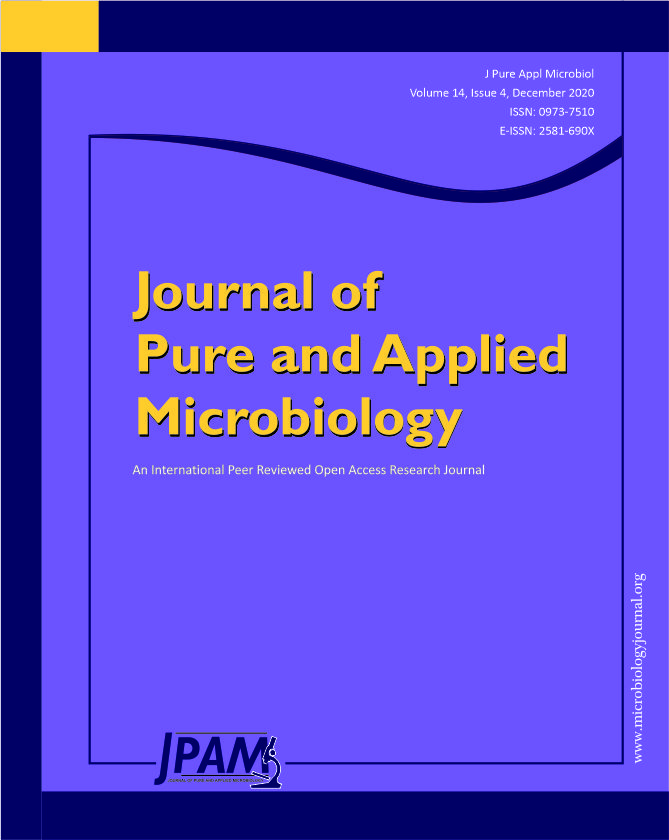The current interest of scientific study aims at survival mechanisms of the cyanobacteria on the extreme habitats (i.e. building facades and monuments) growing under adverse conditions. The present investigation points towards finding out indigenous which are tolerant of conflicting environmental conditions, such as pH, temperature and calcium carbonate. Three isolates of cyanobacteria Scytonema coactile, Scytonema geitleri and Lyngbya aerugineo–coerulea from a cave, building façade, and temple, Orissa respectively were examined. Tolerance to stress at different pH and temperature were evaluated by quantifying cyanobacteria growth at different time intervals. Tolerance to CaCO3 was studied by subjecting the isolates to the desired concentration 0.0001 – 1% w/v. Each organism was grown for 15 days at 25°C ± 1°C under continuous light intensity (7.5 W/m2) and then harvested, succeeded by SDS gel-electrophoresis protein analysis. Results revealed that three isolated cyanobacteria species from different sub-aerial habitats responded in a specific manner to different stress conditions and to various concentration of CaCO3 concerning protein synthesis. A 30 and 38 kDa protein was overproduced by all isolates under pH and temperature stress, whereas for CaCO3 stress, the protein of 16 and 22 kDa was overproduced by Lyngbya aerugineo–coerulea respectively which concluded that the survival of the isolates under stress conditions depends on specific protein synthesis. Generally, isolates tolerant to different stress may be due to specific protein synthesis for their survival to extreme habitats.
Cyanobacteria, environmental stress, extreme habitats, tolerance, adaptation (CaCO3– Calcium Carbonate)
© The Author(s) 2020. Open Access. This article is distributed under the terms of the Creative Commons Attribution 4.0 International License which permits unrestricted use, sharing, distribution, and reproduction in any medium, provided you give appropriate credit to the original author(s) and the source, provide a link to the Creative Commons license, and indicate if changes were made.


